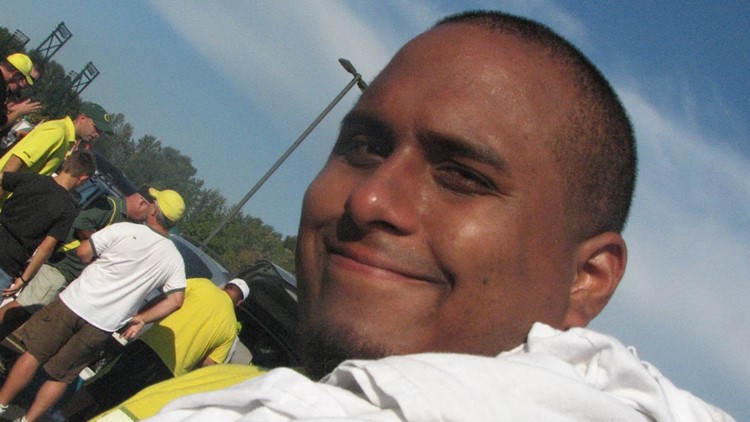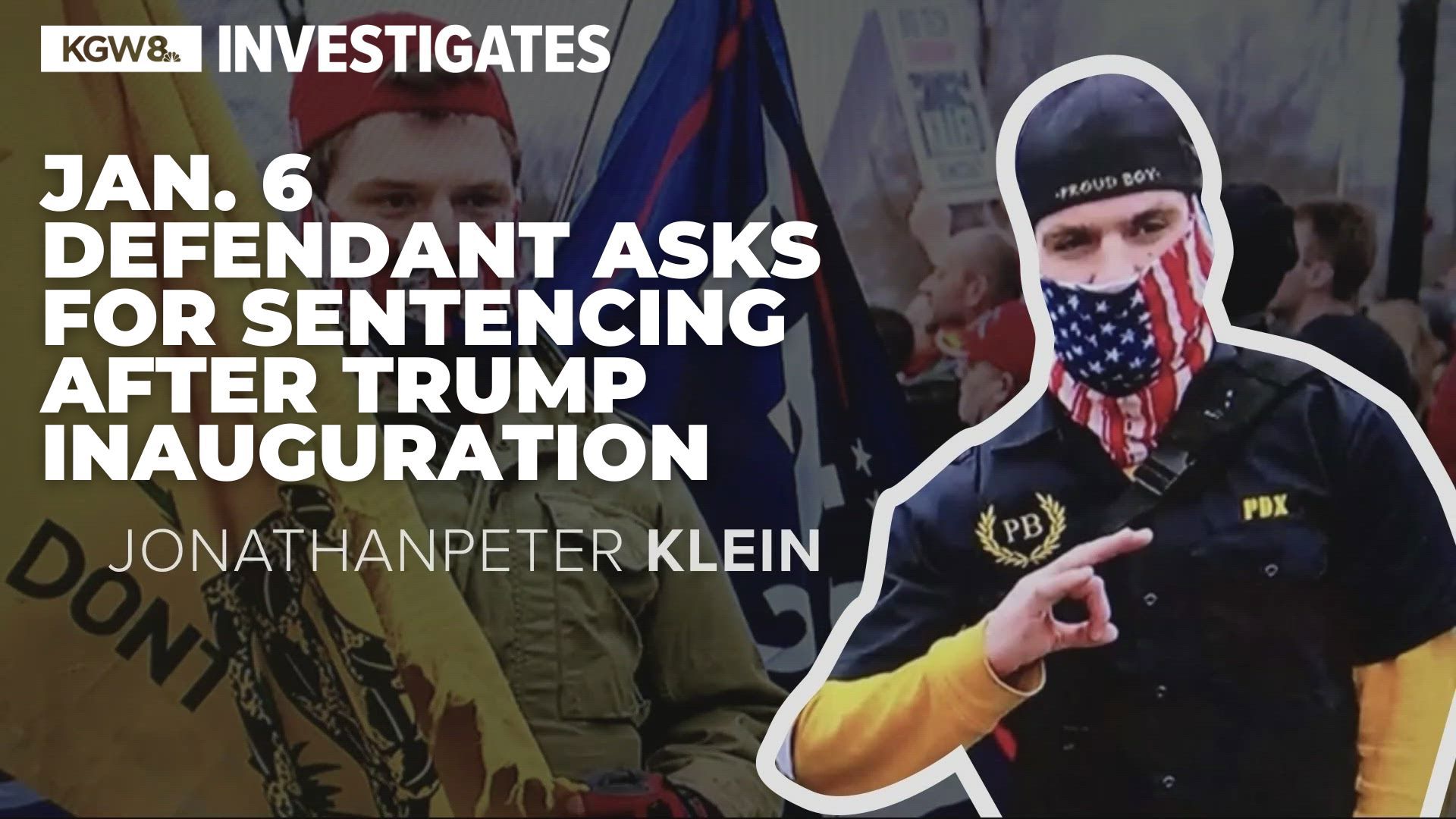PORTLAND, Ore. — Maria Hammer turns away when there’s graphic video of a police shooting on the news. She can’t watch. It’s too traumatic. A reminder of her brother’s death.
Chase Hammer, 27, of Salem was shot and killed by police on October 21, 2012, after officers responded to a mental health call.
"That was the start of our nightmare. And my life will never be the same,” said Hammer.
The Salem woman believes mental health should be part of the larger nationwide conversation about police reform.
“Do we defund? Do we dismantle?” asked Hammer, who believes her brother’s death could have been prevented if officers were better equipped to deal with crisis intervention.
“I’ll tell you, if there was funding for a mental health professional to be at that scene, we would have had a completely different result,” said Hammer.
A study published last year in the Journal of the American Academy of Psychiatry and the Law found of the nearly 1,000 people shot by police officers in 2018, a quarter of those fatalities involved people with mental illness.
“If your loved one was in crisis, do you want them met with a gun in their face or do you want them met with love, understanding and resources?” asked Hammer.
Chase Hammer was born in Cali, Colombia. He was adopted as an infant and raised by a loving family in Salem.


Chase is seen in old photos wearing the green and yellow colors of the Oregon Ducks. He was an avid fan. Chase had a big heart, an endearing smile and a quirky sense of humor, his family said.
But he struggled with addiction and mental health issues, explained his family.
On the night of October 21, 2012, police responded to a call for a welfare check at Chase’s Salem home, where he lived with his father. A friend had reported Chase was suicidal, under the influence of Xanax and had his father’s gun. He was also upset after having lost his wallet and cellphone.
When officers arrived, Chase wasn’t there. Police waited more than an hour until Chase came walking slowly, in the dark toward the home on Southeast Scenic Drive.
Salem police said Chase did not respond to officer commands to stop and show his hands. Police said an officer fired when Chase reached behind his back, and pulled out a gun.
He died at the scene.
A grand jury cleared the Salem police officer who shot and killed Chase of any criminal wrongdoing.
In a civil lawsuit, filed on behalf of Chase’s family, attorneys argued Salem officers did not identify themselves as police, nor did they give Chase time to respond to commands while blinding him with bright lights. Chase’s family was nearby and witnessed his death.
In 2016, the city of Salem settled the wrongful death lawsuit and agreed to pay $100,000.
As part of the settlement, the city promised to develop a protocol for dealing with family members of victims of officer-involved shooting, create a policy to deal with mental health issue and people in crisis, review and assess police response to suicide calls for the past five years and to expand its mobile crisis response teams and crisis outreach teams.
KGW’s review of current Salem Police Department policies and protocols, training instructions and internal memos obtained through public records requests indicates the agency fulfilled all but one of the requirements outlined in the settlement.
Four years after the signing the agreement, Salem police still has not conducted a review of its response to suicide calls over the past five years and not presented a report of its finding to the Salem City Council, as required by the settlement.
“This wasn’t supposed to be an option for the city of Salem to do this,” said Hammer. “They signed on the dotted line that they were going to do this.”
A spokesperson for Salem police said the agency hopes to fulfill that promise soon. In response to KGW’s inquiry about terms of the settlement agreement, Salem police said it is working to get a mental health expert on contract to begin reviewing suicide calls over the past five years.
“That took some time to find the right person,” said Lt. Debbie Aguilar, spokesperson for the Salem Police Department. “It really requires a person who not only had knowledge of the mental health component but also knowledge of the law enforcement.”
Aguilar explained Salem police has made progress with new training and a specialized crisis intervention team that can be deployed to mental health emergencies.
“This isn’t something that is new to our department. This has always been an important piece and as we move on, we’ll continue to get better,” said Aguilar.
The Salem police spokesperson explained a major roadblock to better prepare officers and other first responders to handle mental health emergencies is money.
“Funding is always going to be something we struggle with. Not only at Salem but also smaller agencies,” said Aguilar.
Some mental health experts warn that sending traditional, uniformed police officers to calls involving severe suicidal thoughts or a deep mental crisis is not always the best solution. An armed officer could escalate the situation, sometimes with tragic results.
Hammer believes the current debate over police reform should include how mental health emergencies are handled and what training and resources are available to first responders.
“Police agencies as a whole have to self-reflect,” said Hammer. “What can we do better next time?”



